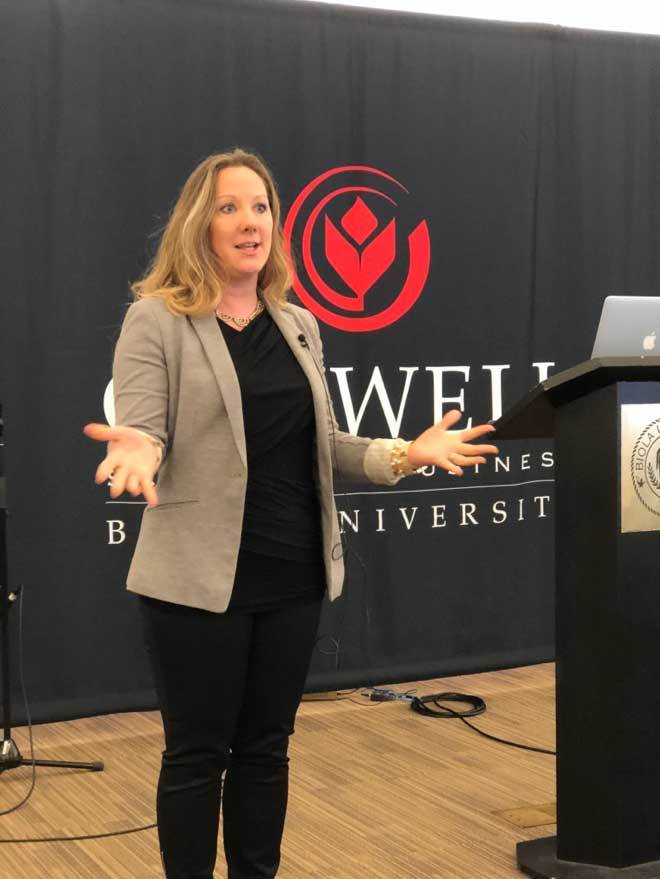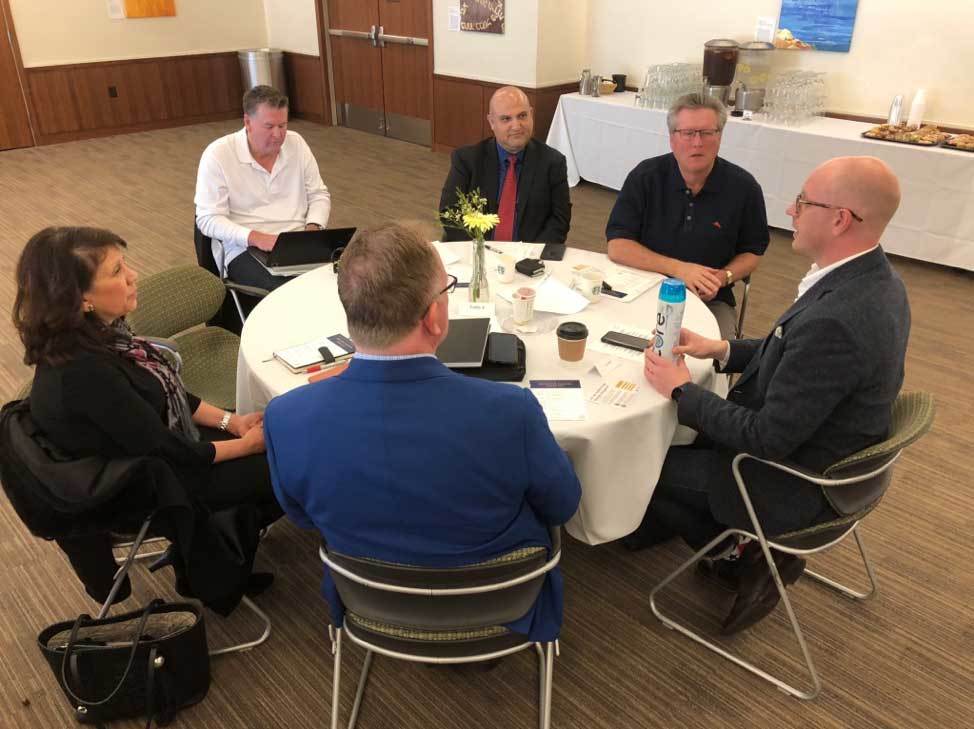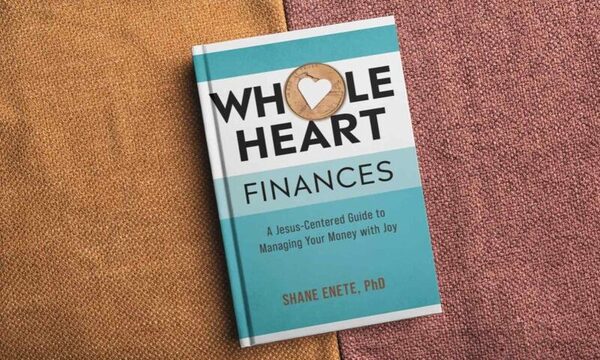I couldn’t believe I’d never noticed this before. Maybe it’s just that I’d heard the phrase “Proverbs 31 Woman” so many times before that I now don’t read this passage with enough fresh curiosity. But last summer as I was digging deeper into the concept of Business as Ministry, I was searching the Bible again for tangible business examples. That’s when I read with an eye toward business. And I couldn’t believe my eyes. There it was, an in-depth description of a person conducting business in a way that pleased God and was respected by her community.
That morning in July, I listed 21 business oriented attributes from the passage. Here are 13 of them: This business leader 1) earns the confidence of others 2) does good, not harm 3) sources supplies globally 4) provides for her family and employees 5) reinvests her finances to grow her business 6) makes a profit 7) is generous 8) focuses on quality 9) has a sense of humor 10) shares wisdom with others 11) is a great manager 12) respects the authority of God 13) gains the respect of her city and community. That’s a lot of business wisdom from a poem. I was intrigued and I thought there is enough detail in this passage that it should be explored further as a business model.

Evidently, that’s what Professor Hannah Stolze at Wheaton College thought, too. Stolze presented her research paper entitled at the Christian Business Faculty Association (CBFA) Fall 2017 in San Diego. The purpose of her paper was to “integrate a biblical foundation for best business practice with leading business research to create a general framework of wisdom for business management today.” The paper provides a careful exegesis of Proverbs 31:10-31. She identifies business themes in the passage consistent with other wisdom literature, utilizes these themes to form a holistic business model, and integrates these themes with current evidence-based business research into a proposed wisdom-based model.
Stolze describes the model as “A Conceptual Framework of Wisdom for Sustainable Business Impact”. She found that the chief leadership characteristic of the Proverbs 31 wisdom business leader is what we now call Servant Leadership. The “Orientations” of a wisdom business include a Quality Orientation, a Stakeholder Orientation, a Supply Chain Orientation, a Sustainability Orientation, and a Long-Term Orientation.The outcomes of a wisdom business include enhanced reputation, profitability, comparative advantage, and long-term impact.
Needless to say, Stolze has thought about this deeply, and she has invested the time and energy to provide something of great value to those seeking biblical guidance in their business approach

On March 14, 2018, we held our first Crowell School of Business Redemptive Business Forum, inviting SoCal business leaders and 51ÂÜŔň faculty to join the Crowell faculty and staff to hear directly from Stolze on her research. We also invited Jon Hart of Praxis Labs to speak on the work they’re doing in Redemptive Entrepreneurship. The Forum was sponsored by Farmers & Merchants Bank with the President of the bank, Mr. Henry Walker, as our lunchtime speaker.

The Redemptive Business Forum will be an ongoing series where we bring thought leaders to Southern California to challenge us to develop increasingly more robust approaches to Christ-centered business and management. I hope many of you reading our newsletter will be able to join us for our Redemptive Business Forum #2 next spring. We will keep you posted.
Until then, please let Proverbs 31:10-31 prayerfully inform and mold your sustainable business impact.
 51ÂÜŔň
51ÂÜŔň

.jpg)
.jpg)

